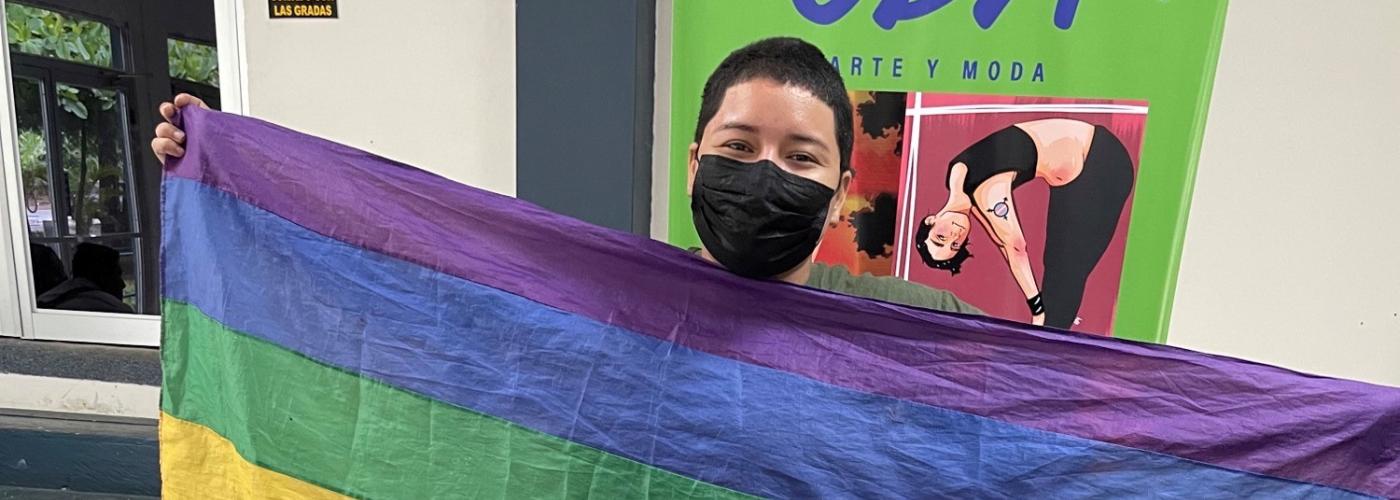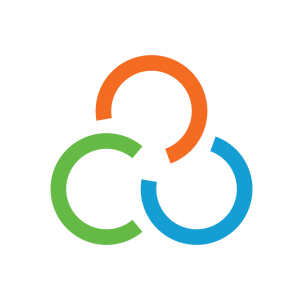Inclusion in El Salvador: The importance of youth entrepreneurship
Image

This blog was written by Carolyn Barker-Villena, Corus International's Senior Regional Director for Latin America and the Caribbean.
With youth unemployment and underemployment in El Salvador significantly higher than the national average, job creation does not move fast enough to absorb the young, growing workforce. Young people are incubators of technical skills, new ideas and boundless dreams. Without access to decent and productive work, Salvadorian youth are unable to earn a living income, contribute to the development of their communities and are too often forced to migrate.
We foster youth entrepreneurship and self-employment in El Salvador as it is key for economic growth and addressing the root causes of migration. Utilizing USAID's Positive Youth Development framework, we are creating an enabling environment for youth entrepreneurs by ensuring access to seed capital and fostering market linkages. With training, technical assistance and financial and material resources, youth leaders are developing soft skills, elaborating sustainable business models and acting as agents of change in their communities.
One of these youth entrepreneurs is Dante, a 22-year-old artist. After being excluded from formal employment because he is transgender, he has found success operating his own small enterprise producing and selling colorful caricature art.
I recently spoke with Dante about the training he received through our project to support youth entrepreneurship with the Universidad de Oriente (UNIVO) in El Salvador. “I learned so much about running a business and about leadership,” he shared.
Through Dante's participation in the project, he is now part of a safe and supportive peer community and launched his career as a small business owner. “A few years ago, I hit bottom and was very depressed, but my art saved me. And being part of this program gave me the confidence to persevere. The staff was so friendly and respectful of me,” Dante discussed.
He is looking forward to what comes next. “I have a lot of dreams and hopes for my future to expand my business. I want to make T-shirts and other products with my art."
Intersecting marginalized identities, like sexual orientation or gender identity, can require considerations that should be made to ensure people are not left out and are able to fully benefit from participating in a development project. For example, LGBTQI+ youth that have faced stigmatization in their families or at school may be reluctant to participate in a project that involves other community members. Employers will often fail to hire LGBTQI+ youth based on their sexual orientation or gender identity, making self-employment a much more attractive and safer livelihood prospect.
At Corus, we envision a future where everyone, everywhere can live full, dignified lives. We know it is critical to design inclusive programming that is accessible to people of all genders, races, abilities, sexual orientations and religions. Doing so is not only good for economic development, it is what every person in this world deserves.


